
Advanced Process Control (APC) engineering papers from the Burnaby Refinery, and friends!

Collaborators: [Control Consulting Inc] [Stiperstone Analytics] [UBC DAIS Lab] [Spartan Controls]
Work presented at AdCONIP 2022. Analytics Cheatsheets:
[Spotfire] [Seeq]
See GitHub repo!
How do we pre-process and clean industrial datasets?
Data Quality Over Quantity: Pitfalls and Guidelines for Process Analytics
Abstract
Lim C. Siang, Shams Elnawawi, Lee D. Rippon, Daniel L. O'Connor, R. Bhushan Gopaluni.
Submitted to the IFAC World Congress (2023). [arXiv]
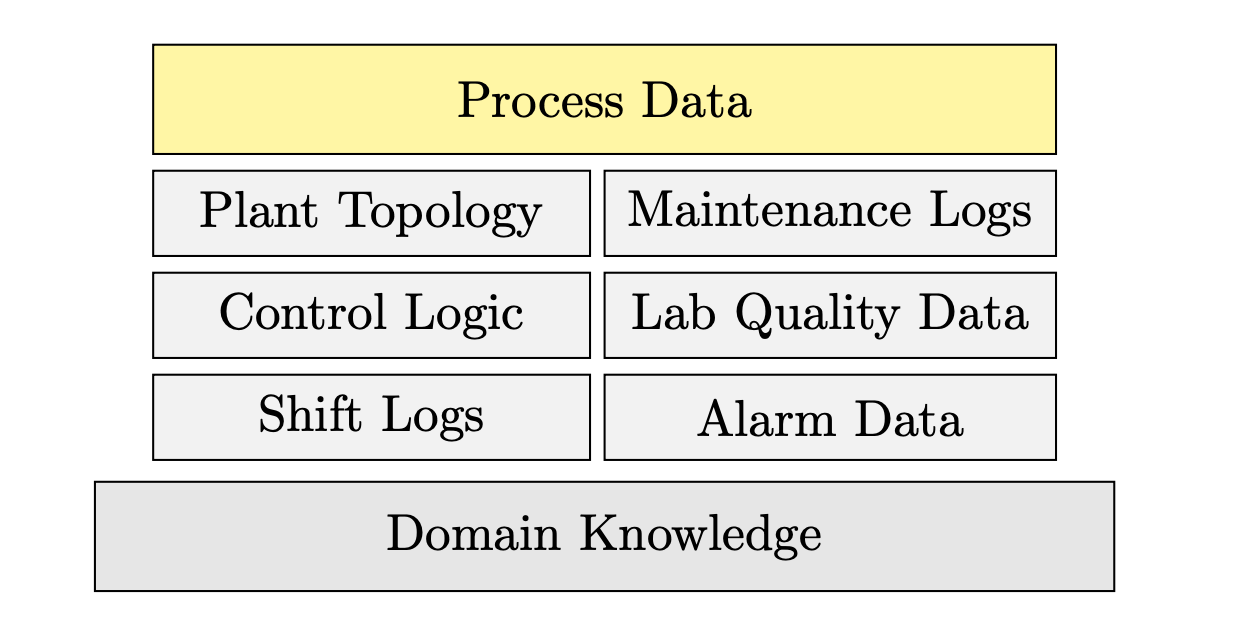
A significant portion of the effort involved in advanced process control, process analytics, and machine learning involves acquiring and preparing data. The published literature often emphasizes increasingly complex modeling techniques with incremental performance improvements. However, when industrial case studies are published they often lack important details on data acquisition and preparation. Although data pre-processing is often unfairly maligned as trivial and technically uninteresting, in practice it has an out-sized influence on the success of real-world artificial intelligence applications. This work describes best practices for acquiring and preparing operating data to pursue data-driven modelling and control opportunities in industrial processes. We present practical considerations for pre-processing industrial time series data to inform the efficient development of reliable soft sensors that provide valuable process insights.
How do we make it easier to condition steady-state gain matrices?
A simple discretization scheme for gain matrix conditioning
Daniel L. O'Connor, Lim C. Siang, Shams Elnawawi.
In Proceedings of the 7th IEEE International Symposium on Advanced Control of Industrial Processes (AdCONIP), (2022). [arXiv] [Slides] [PDF]
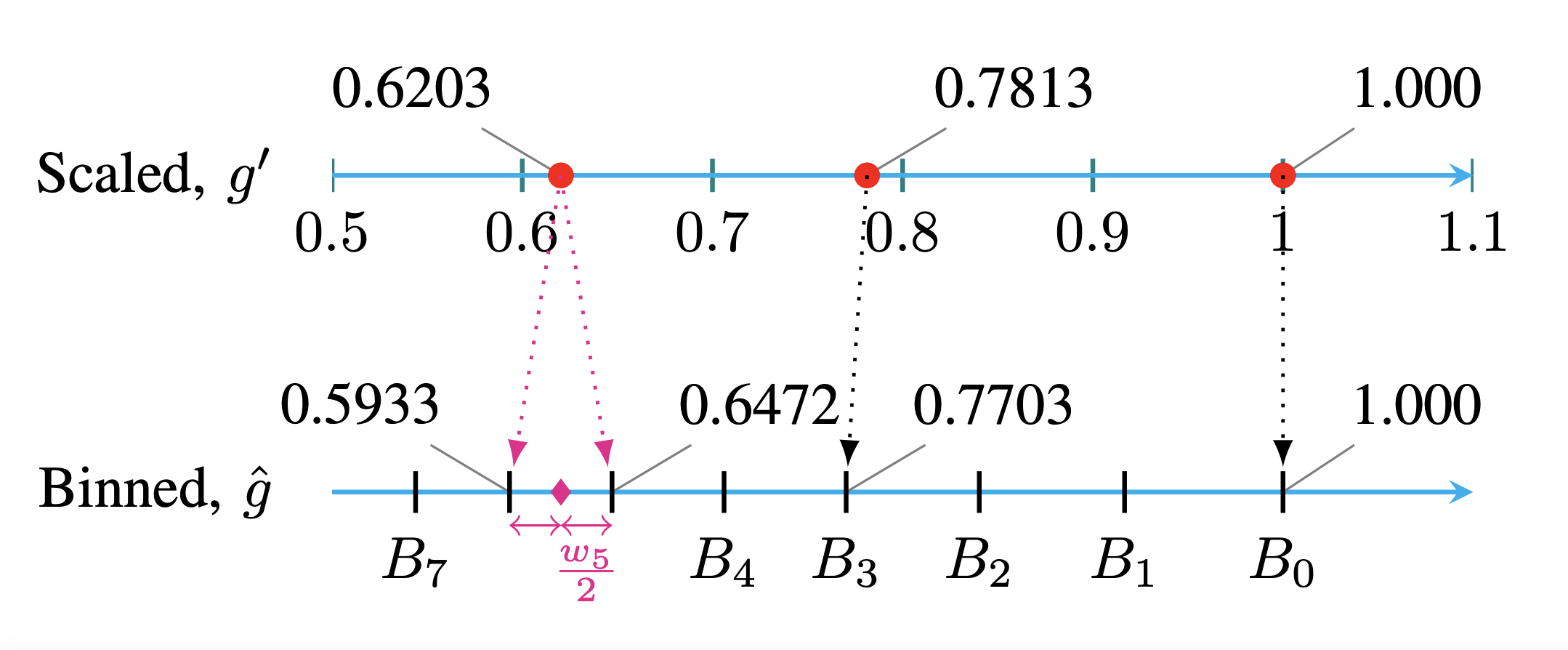
In industrial model predictive controllers (MPCs), models generated from regression-based system identification methods typically contain small or even physically non-existent degrees of freedom. Control issues can arise when the steady-state optimizer uses these small degrees of freedom to calculate targets for plant operation due to matrix ill-conditioning. Mathematical techniques like Relative Gain Array (RGA) and Singular Value Decomposition (SVD) are helpful for analyzing controller gain interactions and identifying conditioning issues, which can be corrected relatively easily in small models. However, these techniques are difficult and tedious to apply for larger, more complex models. This paper describes a novel, non-iterative, RGA-based, binning technique for discretizing the gain matrix and quickly solving 2$\times$2 conditioning issues for any model size, while guaranteeing gain adjustments below a certain threshold. Higher order interactions are also discussed.
How do we visualize and diagnose faults in APC applications?
Interactive visualization for diagnosis of industrial Model Predictive Controllers with steady-state optimizers
Abstract
Shams Elnawawi, Lim C. Siang, Daniel L. O’Connor, and R. Bhushan Gopaluni.
Control Engineering Practice, Vol. 121 (2022), 10506.
[PDF] [URL]
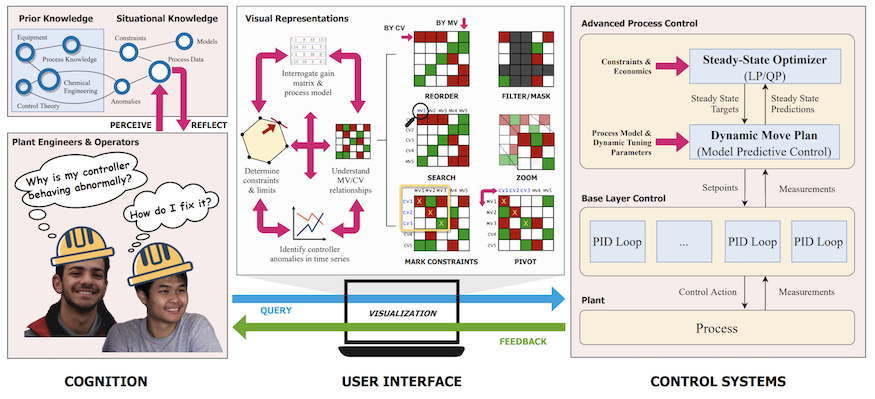
Model Predictive Controllers (MPCs) are widely used in the process industries and are typically implemented with an integrated Linear Program (LP) optimizer in the form of two-stage LP-MPC systems. Despite significant control-theoretic advances in MPC design and performance evaluation in academia, there is still a gap in addressing operational issues in real-world MPC controllers. In particular, engineers and operators responsible for sustaining MPCs often need to interpret the LP solution to understand the controller’s actions. Without easy interpretability, it is difficult to troubleshoot MPCs especially for large-dimensional controllers. To alleviate this difficulty, a systematic approach that facilitates LP solution diagnostics using tools from data visualization and process control is developed. The ‘partial pivoting’ operation – an industrial practice that has seen limited exposure in academic literature – is discussed in detail with regards to its role in LP solution diagnosis. Typical workflows for diagnosing problematic controllers are used in conjunction with data visualization principles to guide the design of new tools focused on visualizing variable constraint data that facilitate the diagnosis process. These proposed tools are designed using Munzner’s “Nested Model” as a guiding framework for visualization design and evaluation. The use of these tools is demonstrated in multiple industrial examples, with comparison to current industrial methodologies.
How do we integrate process knowledge in causality analysis?
Causal Discovery based on Observational Data and Process Knowledge in Industrial Processes
Abstract
Liang Cao, Jianping Su, Yixiu Wang, Yankai Cao, Lim C. Siang, Jin Li, Jack Nicholas Saddler, and Bhushan Gopaluni.
ACS Industrial & Engineering Chemistry Research, Vol. 61 (2022), 14272–14283.
[PDF] [URL]
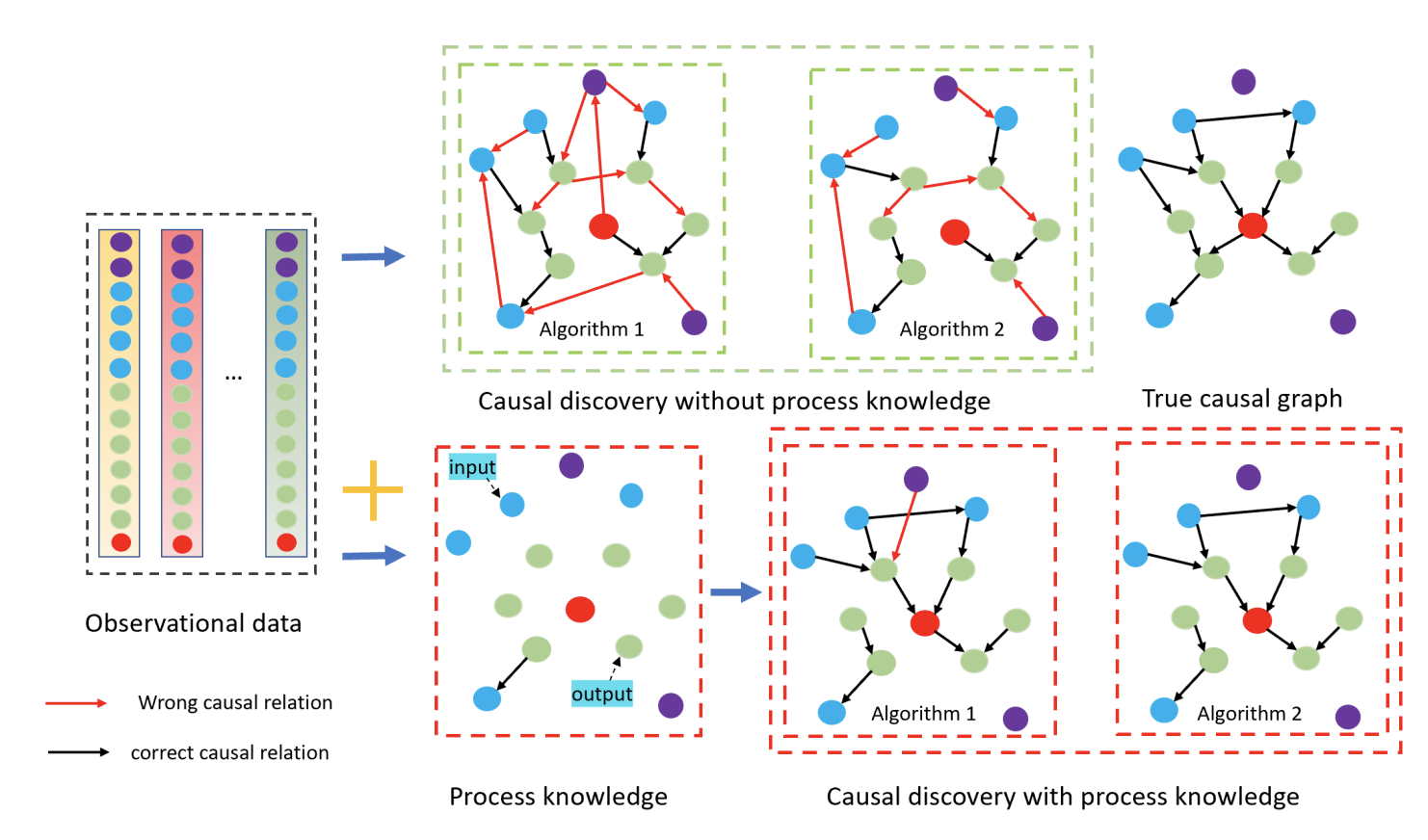
Causal discovery approaches are gaining popularity in industrial processes. Existing causal discovery algorithms can indeed find some important causal relationships from industrial data, but, at the same time, the algorithms may also give some incorrect causal relationships. In order to deal with this problem, we give four kinds of process knowledge definitions according to the special characteristics of complex industrial processes. Causal discovery algorithms will yield more accurate results and deeper insights if the process knowledge is properly addressed. Based on commercial-scale fluid catalytic cracker unit data, we validate the effectiveness of the proposed methods with some state-of-the-art causal discovery algorithms.
How do we leverage analytics in refining and process control?
Self-service analytics and the processing of hydrocarbons
Abstract
Lim C. Siang, Shams Elnawawi, Darren Steele.
Digital Chemical Engineering, Vol. 3 (2022), 100021. [PDF] [URL] [IChemE Presentation] [Conneqt Presentation]
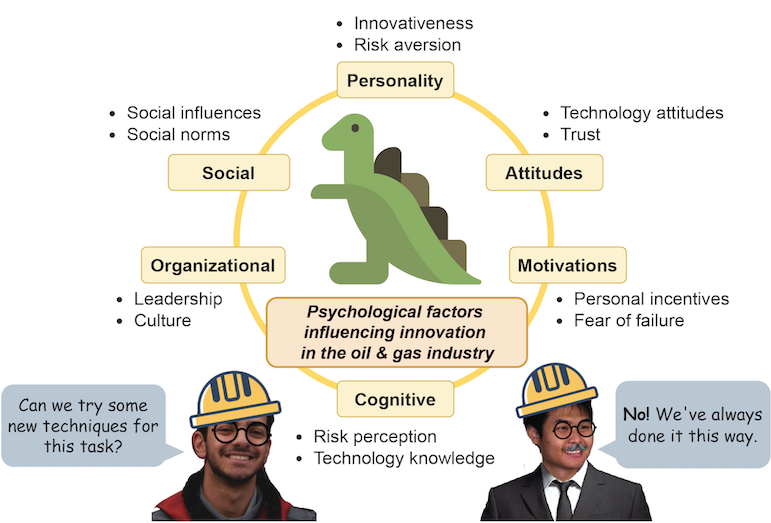
This paper describes the use of self-service analytics on time series process data for the troubleshooting and optimization of refinery operations in the context of data visualization principles and best practices. Refining-relevant examples are used to demonstrate how end-users can access real-time and historical process data and apply the following analytics operations across several refining functions, including (1) incident troubleshooting -- identifying periods of interest and methods available to investigate related plant data, patterns, events and disturbances leading up to the incident, and (2) data cleansing -- filtering sensor data to remove outliers and bad quality data, splicing and aligning data streams for more accurate analysis and to improve the confidence in the outputs of subsequent analysis, such as the outputs of multivariate, regression-based system identification. The paper also provides examples of how ad hoc analyses can be scaled up to plantwide analytics and evolve into routine, automated tasks. The importance of analytic provenance and collaboration in sharing new insights from data is also discussed. To address the human factors associated with self-service analytics innovation, the paper concludes with lessons learnt, observations and adaptations compared to the traditional "business-as-usual" approaches, best practices for data governance, and the implications for engineers that operate in a safety-critical environment.
How do we teach process control in practice?
Work in progress!
Introduction to APC basics for refinery engineers
Lim C. Siang, Shams Elnawawi.
GitHub Repository, (2022). [GitHub]
Translating Process Control Theory into Practice – An Innovative, Real-time, Online Simulation Approach to Digital Learning
Abstract
Lim C. Siang, Shams Elnawawi, Bhushan Gopaluni.
UBC Teaching and Learning Enhancement Fund (TLEF) Proposal, (2022). [URL]
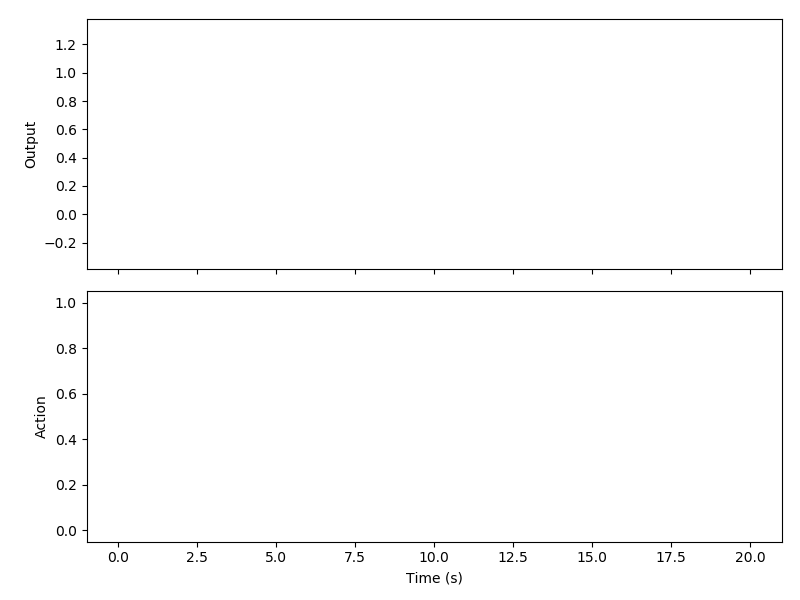
The undergraduate process control curriculum is typically designed with an abstract and mathematically rigorous approach, emphasizing process modeling and analysis, but with limited coverage of industrial process control design. A recent 2015 AIChE survey discussed these curriculum concerns, and urged institutions to equip students with a better ability to translate control theory into practice. In line with APSC's Strategic Plan towards the University for the Future and delivering leading-edge digital teaching, we propose the development of a novel, open-source, web-based process control simulator. This innovative platform will allow students to interact with a virtual plant that is fully instructor-customizable, in a flexible manner that covers the full spectrum of control tasks including step tests, systems identification, and controller design. This advanced educational tool will equip students with digital skills to prepare for the Future of Work, and provide valuable experiential learning opportunities on control engineering practice.